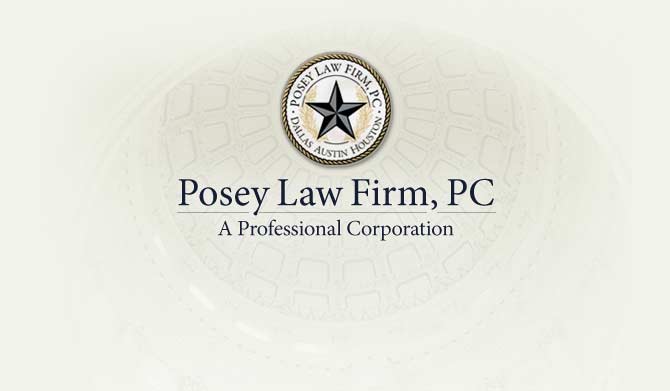There are several important legal considerations for small business startups planning to use crowdfunding as a way to raise capital. The JOBS Act has produced a wealth of opportunity for business startups from creative micro-businesses to real estate crowdfunding to equity funding new research and development. The SEC has proposed rules for protecting investors under the JOBS Act, but the process of developing new government regulations is slow and cautious. While this regulatory work is making its way through the system, the crowdfunding world is running wild with risk and opportunity.
There are some important considerations for small businesses thinking of using a crowdfunding platform to raise capital, and consultation with an attorney who can review the structure of the proposal is critical. The most problematic areas for new startups raising crowdfunding capital are business structure, taxes, and intellectual property.
Funds raised through crowdfunding are taxable and have to be reported as income to the IRS. The legal structure of the business needs to be developed before the funding campaign because this structure determines how funds raised will be considered. Money earned needs to be clearly detailed as a gift, or as a gift to a registered nonprofit, or as money gained with an expected reward, or as purchased equity.
Rewards are commonly offered to participants who give money to a crowdfunding campaign--a tee-shirt, or a handwritten postcard, or one of the product to be developed. Are the rewards worth the same as the amount given? This is the key point to determine if the money given is a gift or a financial transaction, in which case both state and local taxes may become involved.
Intellectual property rights are another very significant area of concern for new startup businesses. There has been piracy of product ideas, images and language, and other intellectual property around the world from crowdfunding sites. While securing intellectual property rights may not deter piracy, it does give businesses a legal recourse.
Jake Posey noted, equity funding a research and development project also needs careful structuring to make sure a new business can meet regulatory requirements and handle a large crowd of small investors. Peer to peer loan funding for capital also needs to have business structure, taxes, and intellectual property carefully planned before proceeding.


